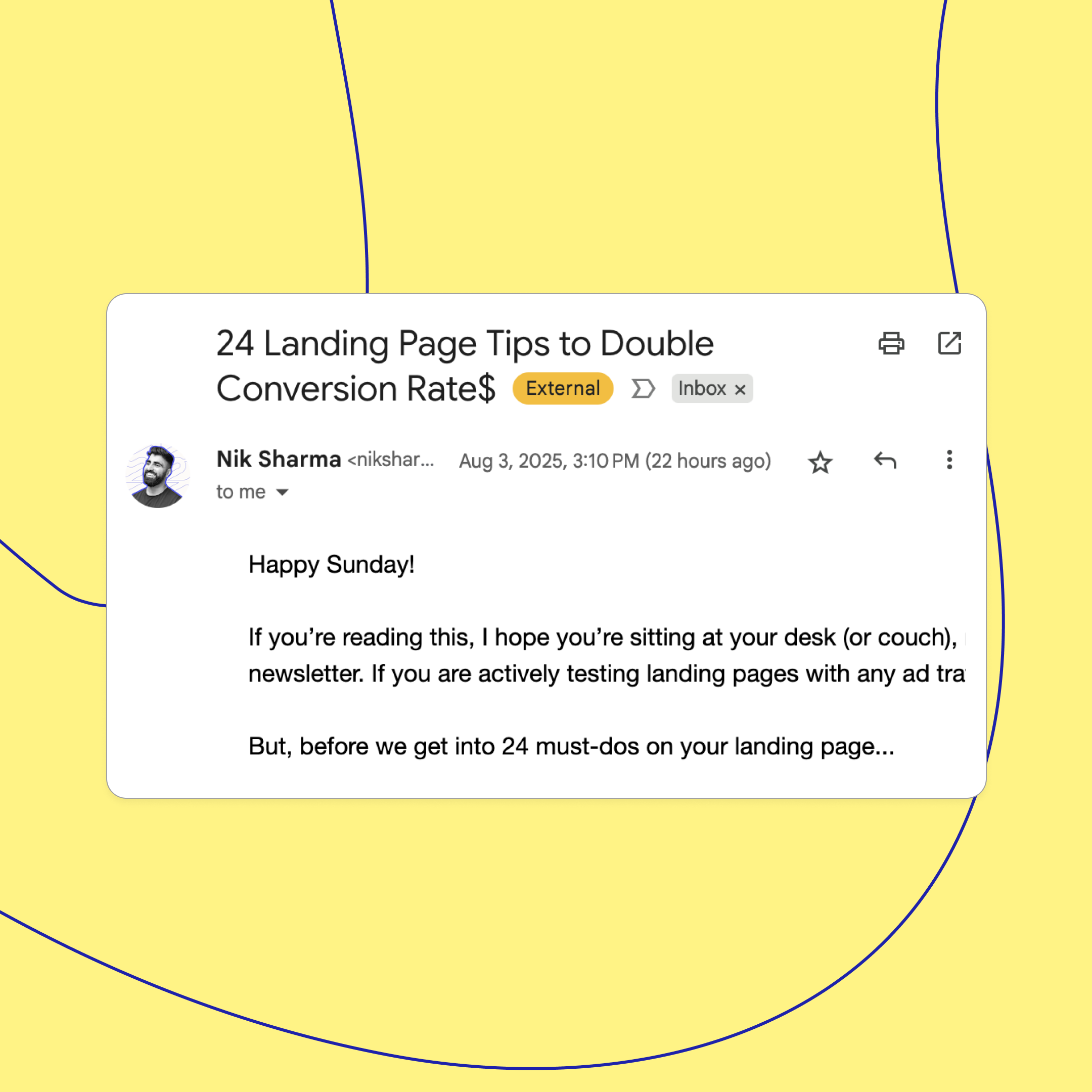The power of people we trust
Why is it that as social media users, or even as just people living in the modern world, we can go through our days glossing over advertisements – But the moment someone we see a trusted name talk about a product, we stop in our tracks to think about it?
I’m of course generalizing here, but if you’re a digital marketer, or eCommerce manager, this simple dynamic will define what it means to capture an audience in the decade to come.
To start, let’s frame the problem for marketers & existing businesses, which is that it has never been easier to start an eCommerce business built on Shopify. Shopify has done an amazing job giving entrepreneurs the tools to get going, and there’s no shortage of sourcing tools out there now. Additionally, tools like Imprint Genius provide greater ability to source products on-demand with concierge support.
This is great news if you need a reason to begin, but difficult to swallow if you already have. Because of this, eCommerce has exploded (which is no secret to anyone reading this) – with Shopify set to grow its GMV & merchant-base by 20-30% this year.
So what does this mean? It means if you can’t get a grip on your own shifting competition, then your potential customers certainly aren't going to either. As consumers continue to see more brands & more options out there, it inherently invokes Miller’s Law. Which essentially implies that the more options you provide an individual with, the less likely they are to make a swift decision.
This is why as humans, we inherently look to the people we trust to help us reduce the number of options we have to choose from. This is precisely why there’s a massive celebrity-led brand movement underway, and influencer marketing has also exploded over the last few years as well. There’s been an obvious surge in new brands hitting the market, so it’s no wonder why there’s an arms race (or names race) underway to cut through the noise.
Trusting recommendations from friends, family, and online personalities you’ve followed for a while only seems natural human behavior, but it’s helpful to point out why that’s the case – especially when it comes to personalities you want to work with in the future:
In general there are 5 reasons people prefer to take a recommendation from someone we trust instead of trailblazing on our own:
- History & Connection - Knowing someone for 5 years vs knowing a brand for 5 days makes a big difference. People & personalities build a level or report that you just can’t compete with when you’re a faceless brand with no credibility yet. To add to this, this level of personal connect can invoke cultural trigger-points, that add a level of depth that a brand cannot necessarily tap into.
- Emotional Appeal - People themselves are able to convey a sense of real emotion that can’t be conveyed through branded materials. Such as genuine excitement, happiness, and even frustration. People prefer authenticity.
- Credibility - Let’s take climbing equipment for example, it’s one thing to hear from the brand that needs to sell it, and it’s another thing to hear from someone who needs it to keep themselves safe.
- Adaption - People are dynamic, they can change their personalities and totally change their perspectives on products over time. Meanwhile, brands more or less stay chained to their product line no matter what - they have to sell what they make, it’s a business. So simply knowing that someone is promoting on their own free will is telling.
- Ethics & Morality - Finally, whether it’s for ethics or reputational protection, most people do not recommend products that they believe will be a negative to the consumer. This personal buffer is one that brands seek to emulate, and should emulate, but because brands live on beyond the people who run them, it can be hard for the same level of ethical standards to exist across both people and businesses. Brands have avenues they can pursue to nuke their reputation and start over with a re-brand or a re-org, and this option isn’t available to everyday people.
But if these reasons aren’t enough consider these studies: last year it was recorded that 82% of digital consumers made a purchasing decision due to influence they received from a personality they followed on social media.
In another study, it was reported from a sample pool of consumers, that just 38% of those individuals trusted social media content from brands , which contrasted to 61% saying they do trust social media content from influencers.
So if you take anything away from this, just remember that the next time you have a line-up of shiny branded content to show off on social media, just remember to get some names in the fold that people will trust. Also remember that the smaller, and nicher the name, oftentimes the better.
And if you’re looking for ways to better harness the power of names, and social word of mouth marketing, then checkout CreatorCommerce, we’re building the tools to harness just that.





.png)





%201.png)
%201.png)
